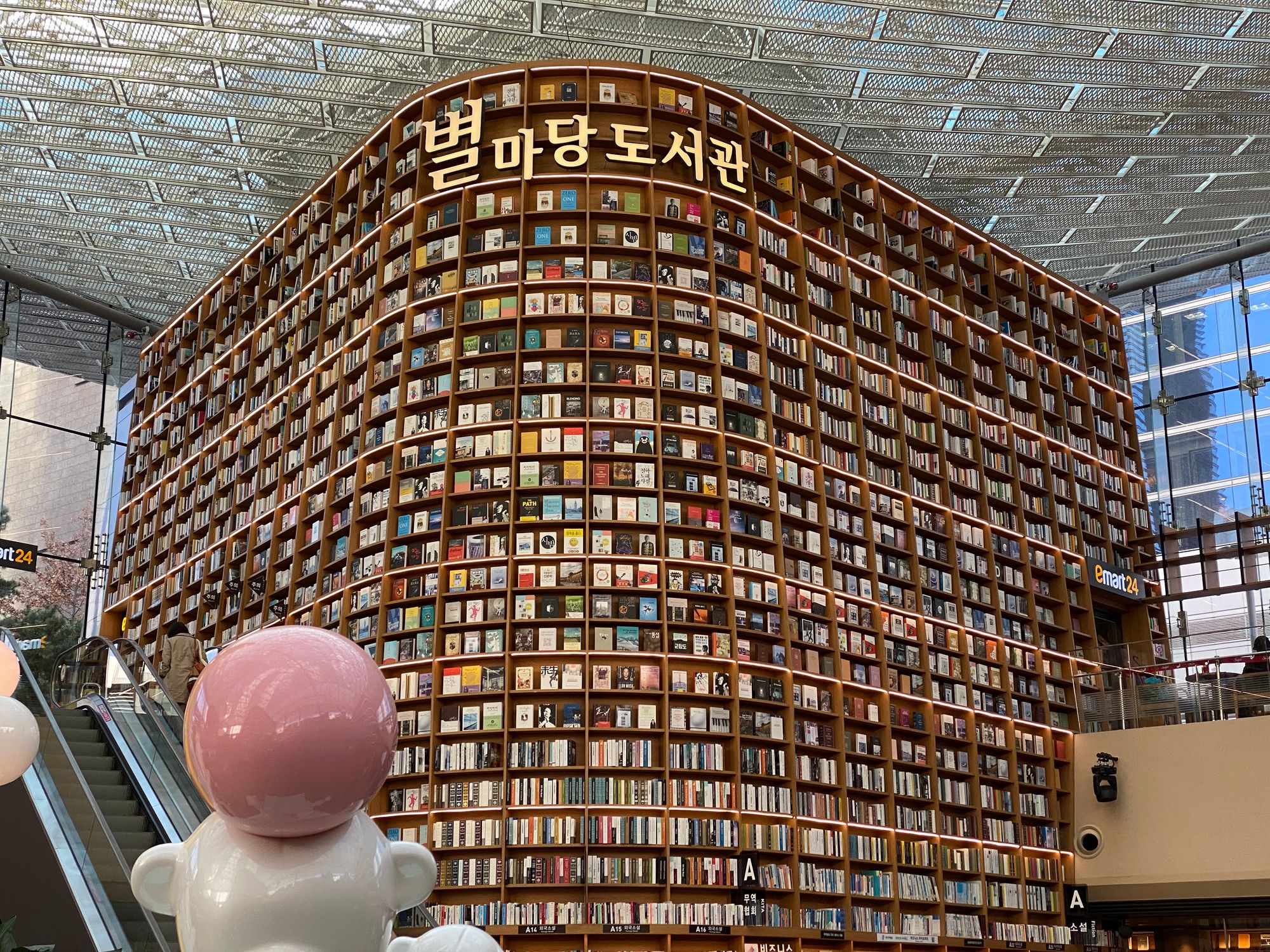
This year, I read 51 books, including 3 novels in French and 3 graphic novels in Korean. 2022 was a blistering year, what with Putin’s war on Ukraine and the seismic financial crises sweeping across tech, crypto, trade, and semiconductors. So my reading this year weighed heavily on both the chaos emanating from across the globe as well as existentialist books on how to thrive as wave after disastrous wave smashes into our daily lives. Plus, a bunch of classics, since it’s actually calming to just depart our world and head into the past every once in a while.
First Place: The Remains of the Day by Kazuo Ishiguro
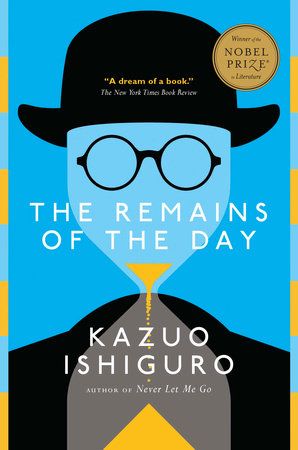
This is an absolute classic and Ishiguro is now a Nobel Prize winner, so I already had high expectations before reading the novel. I was nonetheless floored. When I think about aesthetic excellence in fiction, few works get closer to the ideal than The Remains of the Day, a book that somehow manages to bury us in the thoughts of a singular narrator — a butler named Stevens in the declining estate Darlington Hall — while creating a propulsive plot laden with the weight of memory and history.
The book may be a microcosm of a butler and the home he upkeeps, but it’s essentially a layered and universal novel of identity. What does our labor add up to? What happens if the projects we work on we later find out weren’t worth the cost? What does singular and exceptional devotion to work preclude from our lives? What does it mean to live as an individual within a decaying institution?
It’s perhaps the latter question that makes the novel so enriching. While it is an extraordinarily empathetic account of a person, it’s also a loupe by which to examine the changes in post-war Britain and the country’s declining place in the world. Millions of Britons followed the emotional journey that Stevens himself did — finding that the regular work they were doing was no longer summing up the way it once did, begging an almost immediate existential response. Post-Brexit, the emotions remains deeply piquant and the novel is an enduring achievement in letters more than three decades on.
Second Place: Albert Camus and the Human Crisis by Robert Emmet Meagher and The Subversive Simone Weil by Robert Zaretsky
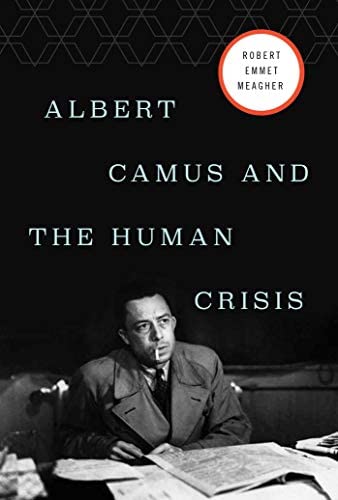
Albert Camus and Simone Weil are among the most feted philosophers in French history. Camus has far more international renown than Weil though, mostly owing to his expansive output across literature, philosophy, drama and journalism. Yet, Weil is even more original and singular in her views, views which have increasingly received an audience in the twenty-first century.
These two books are both “literary” biographies, with the intention of centering their respective subjects into history and their own work. Robert Emmet Meagher’s Albert Camus and the Human Crisis, which was released very late last year, tells the tale of Camus’s maturation as an artist and his commitment to justice across the terrors of World War II and the French-Algerian War. Simultaneously, he offers a synoptic view of Camus’s entire body of work, organizing the thinking into cycles that helps to frame his deep and sustained intellectual evolution.
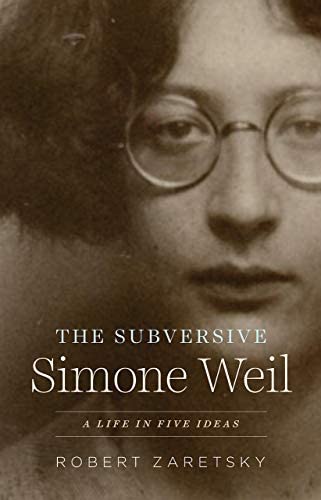
Similarly, Robert Zaretsky has depicted his subject in The Subversive Simone Weil with aplomb in his book from early 2021. Weil is a hard person to describe, and “filled with contradictions” is where most thinkers seem to end up. Zaretsky beautifully and cogently offers up a set of five of Weil’s core theses, while weaving a mostly linear narrative across them, balancing our desire for personal biography with a need to understand Weil’s most prescient thoughts.
What’s delightful (and merciful) is that both books are so carefully written and come in at just about 200 pages a piece. Far from the doorstops that plague many literary biographies, Meagher and Zaretsky have managed to highlight the indelible contributions of these two intellectual friends, while offering an emotional tint that helps to situate their work in a broader context. Enthralling.
Third Place: The Collapse of Complex Societies by Joseph A. Tainter
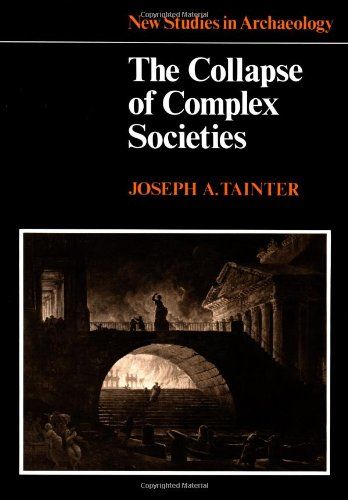
Collapse seems to be all around us — just this past week, Southwest Airlines canceled thousands upon thousands of flights because it couldn’t figure out where its staff was located, and Buffalo suffered dozens of deaths from a large-scale blizzard. Why is society seemingly heading off the rails?
Tainter, an anthropologist, wrote a summary of his views back in the 1980s in the form of The Collapse of Complex Societies. His thesis (which I wrote about at length in a “Securities” post entitled “Marginal stupidity”) is that complexity is fundamentally good for societies, since it allows more specialization and therefore higher productivity, giving everyone a better quality of life. However, there is a turning point in the value of additional complexity where we are adding complications without the material benefits that accrued before.
I found the argument compelling, and while there are sections of the book that are a bit longer and probably worth just skimming (such as ones on scientific productivity), I think Tainter’s fundamental idea holds up decades later. Thought-provoking, and a great complement to books like James C. Scott’s Seeing Like a State, which remains quite popular in tech circles.
Fourth Place: The Castle by Franz Kafka
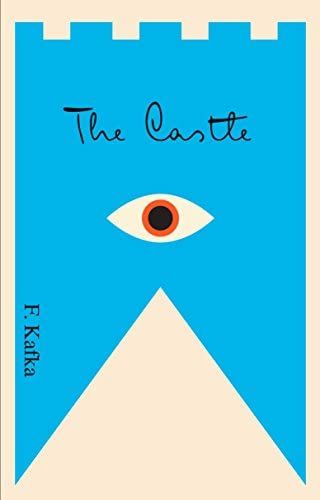
Kafka’s works are ephemeral (he did ask that they all be burned upon his death, although he knew that his friend Max Brod wouldn’t carry out those wishes). Having now finished all of his novels and short stories, I do have a clear favorite, and that is The Castle.
It’s among the most complete of the Kafka’s novels, which perhaps helps, but the novel is exceptional in building a world of existential anomie. The main character, K., visits a town and tries to gain access to its leaders, who live in the eponymous castle. Yet, no matter what he does, who he turns to, or his conceits, he can never get access to any of the people who control his life and work in the town.
Analysis of The Castle has gone through whole eras, from whether the fortress represents heaven to more psychological and existential theories. But at its core, The Castle is an excellently paced novel with drearily vivid atmospherics, with a fair complement of sardonic moments of ennui. An exceptional novel, and one that I wish would get a bit more life from American schools than The Trial.
Honorable Mentions
- The Next Civil War: Dispatches from the American Future by Stephen Marche (discussed in “Securities” column “American Civil War 2.0” — a provocative overview of how the tenuous fabric of American society could finally be rent apart.
- The Reluctant Fundamentalist by Mohsin Hamid — another excellent example of second-person narration, a rare form that is also used by Camus in The Fall.
- The Russian Understanding of War: Blurring the Lines Between War and Peace by Oscar Jonsson — if you want to understand the challenge of communicating red lines between nations, there’s no better book.
- The Subplot: What China is Reading and Why it Matters by Megan Walsh (reviewed here) and The Shortest History of China by Linda Jaivin — if you are looking for capsule summaries of China’s fiction and history, these two books are excellent and easy places to start.
- Day of the Oprichnik by Vladimir Sorokin — as I recommended to TechCrunch this year, this novel is deliriously amusing and incisively cutting on the direction of Russia. Prophetic by more than a decade too.
- The Intellectual Life by A.D. Sertillanges — an older but timeless work by a French Catholic priest on how to manage reading and thinking about the world’s most complicated topics.
- The Future of Decline: Anglo-American Culture at its Limits by Jed Etsy — a little overwrought, but a nice compendium of ideas around where Britain (and America) go after the zenith of their influence.
- Why Liberalism Failed by Patrick J. Deneen — if you want to understand where national conservatism is coming from and where it is going, this is one of the key works that set the course.